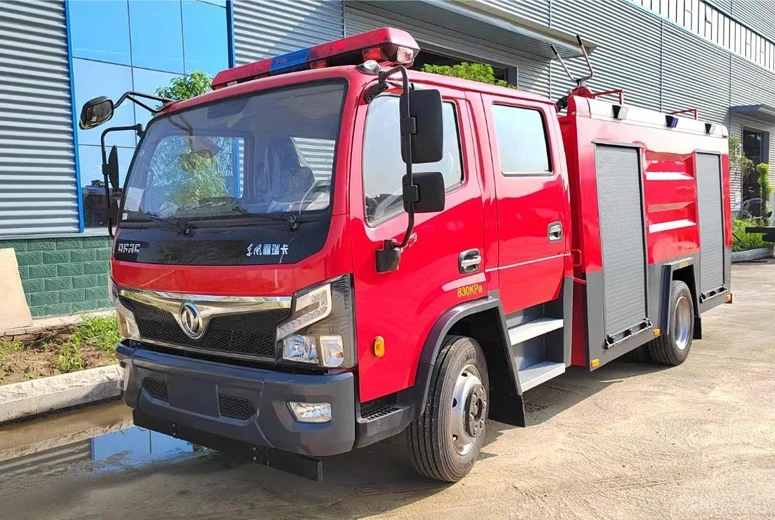Design and Features of Platform Semi Trailers for Efficient Cargo Transport Solutions
The Versatility of Platform Semi Trailers An Essential Tool in Modern Logistics
In the ever-evolving landscape of logistics and transportation, the significance of platform semi trailers has remained paramount. These versatile vehicles are indispensable for various industries, enabling efficient cargo transport and contributing to the smooth operation of supply chains. In this article, we will explore the features, advantages, and applications of platform semi trailers.
What is a Platform Semi Trailer?
A platform semi trailer, often referred to as a flatbed trailer, is a type of trailer that features a flat, open deck without sides or a roof, allowing for the easy loading and hauling of oversized or heavy cargo. The design typically includes a chassis with wheels at the rear, connected to a truck or tractor at the front, facilitating a smooth transport experience. The flat surface provides a stable base for securing loads of varying shapes and sizes, making these trailers suitable for a wide range of applications.
Key Features
One of the most notable features of platform semi trailers is their versatility. They come in various lengths and weight capacities, catering to different transportation needs. Additionally, many models are equipped with stake pockets or winches to enhance load security. Some trailers also feature adjustable configurations, allowing users to optimize their transport solutions depending on the cargo's dimensions.
The absence of sides and a roof not only makes loading and unloading easier but also allows for the transportation of tall items that wouldn’t fit in standard enclosed trailers. For instance, heavy machinery, construction materials, and large equipment can be transported without the risk of height restrictions.
Advantages of Using Platform Semi Trailers
platform semi trailer

1. Ease of Loading and Unloading The flat surface and open design allow for straightforward access to the cargo, facilitating quicker loading and unloading processes. This efficiency can significantly reduce turnaround times at loading docks, contributing to a more streamlined operation.
2. Cargo Versatility The platform's design accommodates diverse cargo types, from industrial equipment to construction materials. Their ability to handle oversized loads also sets them apart from other trailers, catering to industries where large, heavy items are commonplace.
3. Cost-Effective With fewer structural components than enclosed trailers, platform semi trailers often come at a lower purchase and maintenance cost. Additionally, their lightweight design can result in better fuel efficiency during transport, presenting a cost-saving advantage for trucking companies.
4. Enhanced Stability The low center of gravity provided by the flat deck design contributes to better stability while traveling. This is especially important when transporting heavy equipment that could otherwise be unstable on uneven terrain or during turns.
Applications Across Industries
Platform semi trailers are widely used across various sectors, including construction, agriculture, and manufacturing. In the construction industry, they are frequently employed to transport heavy machinery, steel girders, and precast concrete products. In agriculture, these trailers transport large quantities of produce or equipment necessary for farming operations. Furthermore, manufacturing companies utilize them for shipping large components or machinery between facilities.
In conclusion, platform semi trailers are invaluable assets in the transportation and logistics realm. Their versatility, ease of use, and ability to carry oversized cargo make them a preferred choice for many industries. As the demand for efficient logistics solutions continues to rise, platform semi trailers will undoubtedly remain a cornerstone of modern transportation, underscoring their importance in moving the world forward.
-
SINOTRUK HOWO 84 Electric Dump Truck for Eco-Friendly Heavy HaulingNewsJul.26,2025
-
The Fast 16-Gear Manual Transmission Assembly for Heavy TrucksNewsJul.25,2025
-
Mercedes Benz Actros 1848 42 Tractor Truck for Sale - Reliable PerformanceNewsJul.24,2025
-
High-Quality Water Pump Assembly for Sinotruk Trucks – Durable & ReliableNewsJul.23,2025
-
Premium Truck Engine Antifreeze Coolant Fluid for Heavy Duty VehiclesNewsJul.22,2025
-
FOTON View G7 Mini Bus: Affordable & Spacious TransportNewsJul.22,2025
Popular products

























